Set around the year 2050 when overpopulation is causing food and energy shortages, mass unemployment, social tension and civil conflict. An ex politician and professor of biology talks to a grandson no longer able to cope with life in an overcrowded city. A follow-up to 'The Malthus Pandemic', this hard-hitting short novel is based on original facts and forecasts. Not for the faint hearted.'The Cage' is a hard hitting, well researched and possibly controversial short novel based around the year 2050 when overpopulation in Western cities is causing food and energy shortages, mass unemployment, increasing social tensions and civil conflict. An ex politician and professor of biology, renowned for warnings and predictions about the effects of overpopulation is being held in an open prison. He is visited by his grandson unable to cope with life in the city. 'The Professor' listens sympathetically, but, after a lifetime spent forecasting exactly those effects if world population went unchecked, admits he is unable to offer a solution. Past warnings, he says, went unheeded due to politicians' fears about human sensitivities about population control. 'That is not leadership,' he says, 'But world politicians and religious leaders were weak, scientifically illiterate stage performers, constantly shedding tears of compassion about suffering and poverty for short term popularity and political advantage.' His grandson listens but also provokes him into explaining the reason why he was in prison - because he had helped his aged mother to die believing, just as his mother did, that in a civilised society, quality of life mattered more than its longevity. He objects, he says, to the uncivilised habit of 'abandoning old people to fend for themselves or live together in conditions that, as younger people, they would have found totally abhorrent.' 'Someone once said that you had no place in civilised society.' his grandson continues. But the older man counters again: 'I disagreed, of course, and I remember replying to that Christian bishop that he might like to consider whether he himself had any place in a modern, civilised society. Surely, it is a sign of an advanced civilization to be able to anticipate human disaster before it happens and to act accordingly.' 'A human life that is fulfilling and contented needs to be accompanied by at least some hardship and struggle.' he claims. 'To exist without the need for individual effort weakens the body and the will to fight for survival. Politicians, though, need the apathy that comes with a culture of dependency on the state because it ensures their own survival.'His grandson slowly admits to being drawn into physical conflict with the 'newcomers'. But, 'I do not want to kill anyone, grandfather. They came here to look for a better life. It is not their fault. Some of them are good friends. It is not fair.'"You speak of fairness?' his grandfather asks. 'You speak of things being made fair when thousands are already dying? Like rats in a cage they fought within their own communities for the basic necessities of food, water, jobs and shelter, but there is no fairness and no winners in sectarian conflict and when resources run out.' His grandson finally pleads for a solution but the older man is just as pessimistic. 'Do not expect someone to arrive in your midst, to wave a magic wand and put everything right. It is too late now. If urban fighting spreads, it will be like no other war in history. But that, in my opinion, is when a real decision maker may arrive on the scene. It will be someone just like the ones that have gone before - a self serving individual seeking fame and prestige and with a vision of going down in history as the saviour of the human race. But be aware that this leader may show his ultimate leadership qualities merely because he has the power to press a red button."A follow-up to the author's previous thriller, 'The Malthus Pandemic', this hard-hitting short novel contains facts and forecasts supported by original papers. Not for the faint hearted.
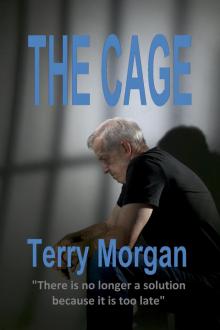
 A Baby for the Billionaire
A Baby for the Billionaire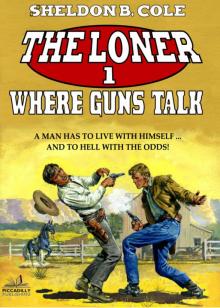 The Loner 1
The Loner 1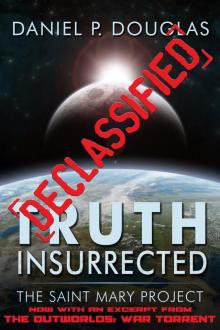 Truth Insurrected: Declassified
Truth Insurrected: Declassified Some Stories
Some Stories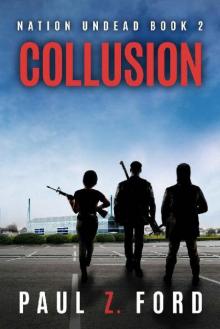 Nation Undead (Book 2): Collusion
Nation Undead (Book 2): Collusion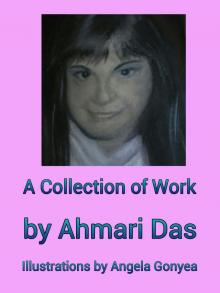 A Collection Of Works
A Collection Of Works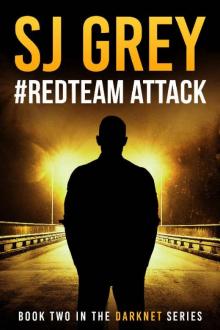 #RedTeam Attack
#RedTeam Attack